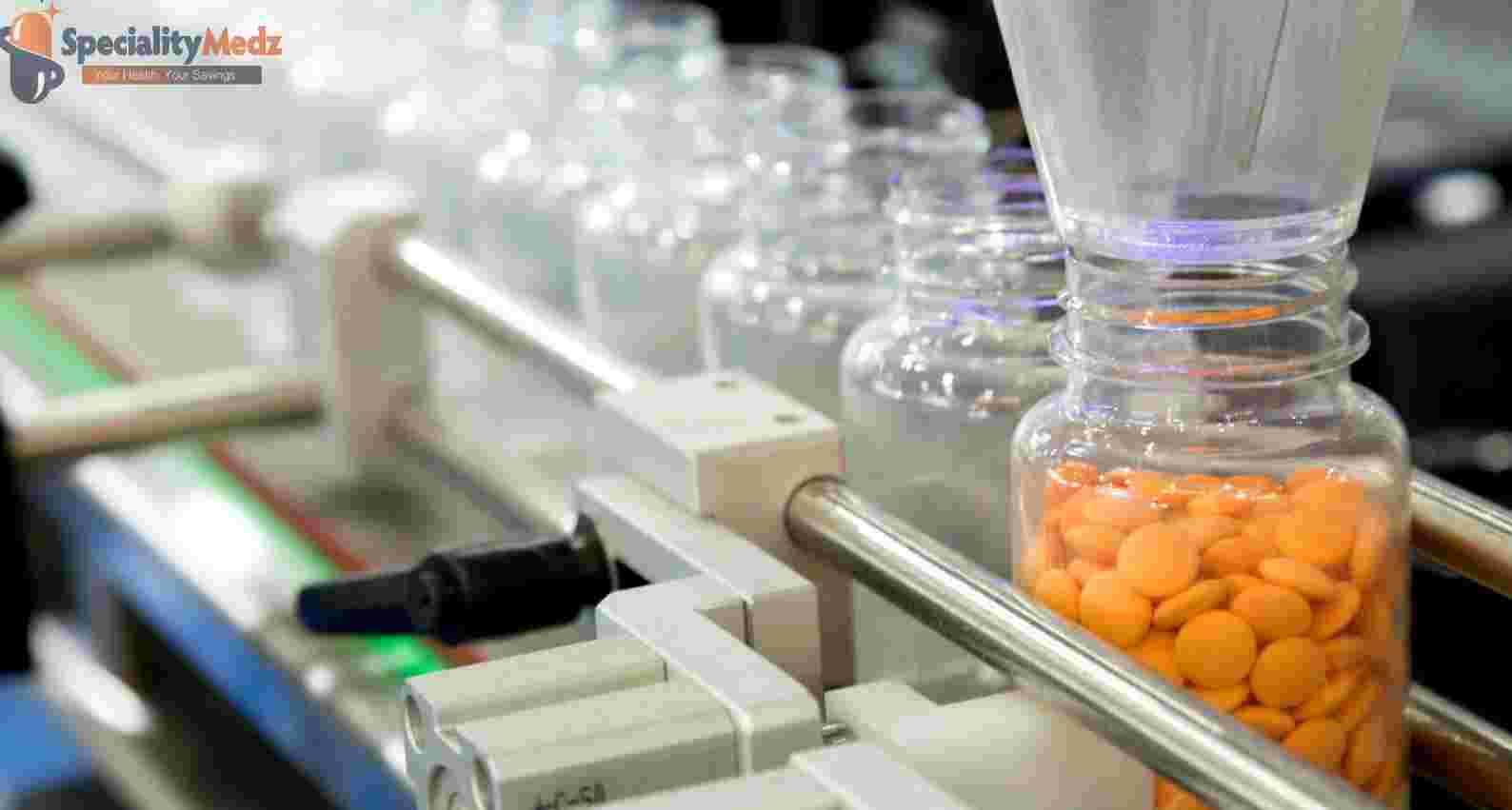-
Feed de notícias
- EXPLORAR
-
Páginas
-
Grupos
-
Eventos
-
Blogs
-
Marketplace
-
Fóruns
-
Jogos
Lenalidomide: Enhancing Efficacy in Hematologic Malignancies

Lenalidomide, a derivative of thalidomide, has emerged as a cornerstone in the treatment of hematologic malignancies. As an immunomodulatory drug (IMiD), it exhibits potent anti-cancer, anti-inflammatory, and anti-angiogenic properties. Its efficacy has been well-documented in multiple myeloma (MM), myelodysplastic syndromes (MDS), and certain types of lymphoma. With continuous advancements in pharmaceutical manufacturing, the accessibility and affordability of lenalidomide have improved, and many manufacturers of lenalidomide are playing a crucial role in ensuring a stable supply for patients worldwide.
Mechanism of Action
Lenalidomide exerts its therapeutic effects through multiple pathways:
Immunomodulation: It enhances T-cell and natural killer (NK) cell activity, leading to increased tumor cell death.
Angiogenesis Inhibition: It suppresses vascular endothelial growth factor (VEGF), limiting tumor blood supply and restricting its growth.
Anti-proliferative Effects: It directly inhibits malignant cell proliferation and induces apoptosis.
Microenvironmental Disruption: It modifies the bone marrow microenvironment, reducing support for cancer cell survival.
These mechanisms collectively contribute to the enhanced efficacy of lenalidomide in treating hematologic malignancies.
Clinical Applications in Hematologic Malignancies
1. Multiple Myeloma (MM)
Lenalidomide, in combination with dexamethasone, is a standard therapy for newly diagnosed and relapsed/refractory multiple myeloma (RRMM). Clinical trials such as the FIRST trial (MM-020) demonstrated that continuous lenalidomide therapy significantly prolongs progression-free survival (PFS) compared to fixed-duration therapy. Furthermore, triplet regimens, including lenalidomide with proteasome inhibitors and monoclonal antibodies (e.g., daratumumab-lenalidomide-dexamethasone), have further improved patient outcomes.
2. Myelodysplastic Syndromes (MDS)
Lenalidomide is particularly effective in patients with lower-risk MDS, especially those with deletion 5q (del(5q)) cytogenetic abnormality. The MDS-004 trial confirmed its efficacy, showing a high rate of transfusion independence in these patients. By promoting erythropoiesis and modulating the bone marrow microenvironment, lenalidomide significantly improves quality of life in MDS patients.
3. Lymphomas
Lenalidomide is also used in the treatment of certain non-Hodgkin lymphomas (NHL), including mantle cell lymphoma (MCL) and follicular lymphoma. When combined with rituximab (R2 regimen), it enhances response rates in relapsed or refractory cases. Its immune-stimulatory properties make it an attractive option for combination therapies.
Advantages Over Traditional Therapies
Lenalidomide offers several advantages compared to conventional chemotherapies:
Oral Administration: Unlike traditional IV chemotherapy, lenalidomide is administered orally, improving patient convenience and compliance.
Lower Toxicity Profile: It has a more favorable toxicity profile, reducing the risk of severe adverse effects such as neuropathy and myelosuppression.
Versatility: It is effective as monotherapy and in combination regimens, making it a flexible option in treatment planning.
Challenges and Considerations
Despite its benefits, lenalidomide is associated with specific challenges:
Adverse Effects: Common side effects include fatigue, neutropenia, thrombocytopenia, and increased risk of thromboembolism. Prophylactic anticoagulation is often required.
Development of Resistance: Some patients develop resistance to lenalidomide, necessitating alternative therapeutic strategies.
Cost and Access: As a targeted therapy, lenalidomide can be expensive. However, manufacturers of lenalidomide are working towards making the drug more accessible through generic formulations and cost-effective production.
Role of Manufacturers in Global Access
The pharmaceutical industry plays a crucial role in ensuring a steady supply of lenalidomide. Many manufacturer of lenalidomide are focused on enhancing drug formulation, improving bioavailability, and reducing production costs to ensure broader patient access. With the emergence of generic versions, the affordability of lenalidomide has improved, allowing more patients in low- and middle-income countries to receive this life-saving medication.
Future Prospects
Ongoing research is focused on enhancing the efficacy of lenalidomide through:
Combination Therapies: Exploring novel combinations with emerging immunotherapies and targeted agents.
Biomarker-Driven Approaches: Identifying predictive biomarkers to personalize treatment strategies.
Next-Generation IMiDs: Developing newer derivatives with improved potency and fewer side effects.
Conclusion
Lenalidomide has revolutionized the treatment landscape for hematologic malignancies, offering improved survival outcomes and enhanced patient quality of life. While challenges such as cost and resistance remain, manufacturers of lenalidomide continue to innovate and expand access to this vital therapy. With ongoing research and pharmaceutical advancements, the future of lenalidomide in cancer treatment remains promising, reinforcing its role as a key player in hematologic oncology.
- Whats New
- Shopping
- Wellness
- Sports
- Theater
- Religion
- Party
- Networking
- Music
- Literature
- Art
- Health
- Jogos
- Food
- Drinks
- Fitness
- Gardening
- Dance
- Causes
- Film
- Crafts
- Other/General
- Cricket
- Grooming
- Technology

